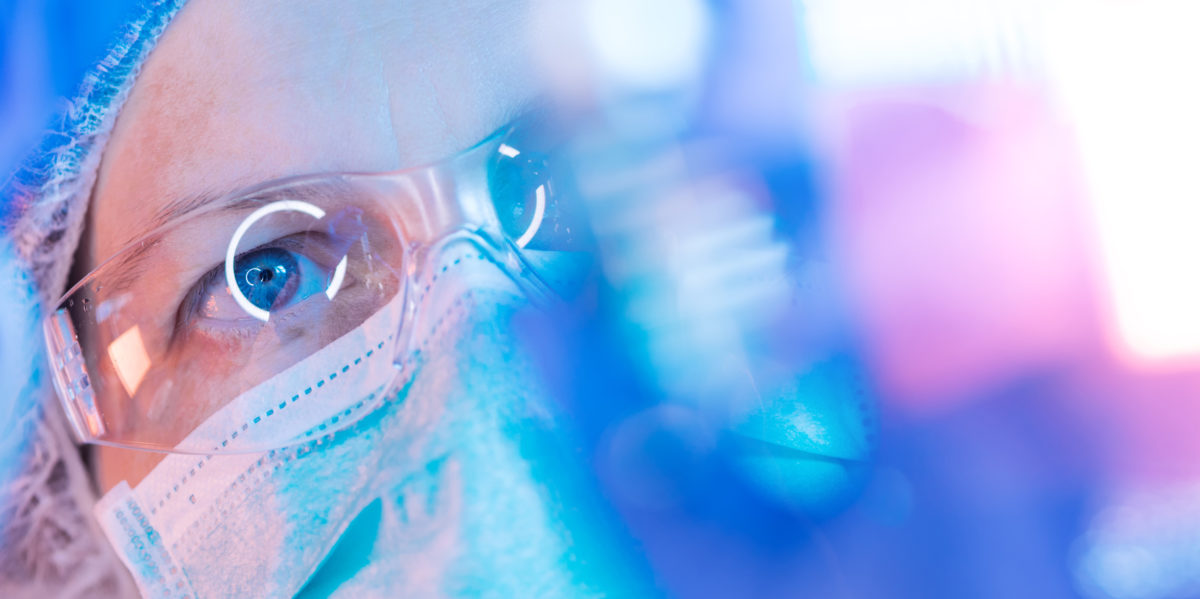For decades, animals have been the subjects used to predict human safety; however, efforts to replace these practices with alternative methods is well underway.
Reducing the Use of Animal Research for Predicting Human Safety
The Environmental Protection Agency (EPA) is working towards modernizing chemical testing through the promotion of alternatives to animal testing. The EPA is promoting alternatives that can provide scientific-quality information that is equivalent to or better than the information gathered through animal testing. Furthermore, the alternative testing the EPA promotes is relevant for assessing the risk of injury to health and/or to the environment.
Alternatives to Animal Testing
The alternative methods that are approved for use in the U.S. are validated by the Interagency Coordinating Committee on the Validation of Alternative Methods (ICCVAM). This committee was established in 2000. The ICCVAM collaborates with numerous international bodies to assess the applicability and accuracy of new tests designed to reduce the use of animal research for predicting human safety.
Alternative testing methods:
• EPISKINTM – this alternative method uses reconstructed human epithelium to test skin corrosion. The European Coalition on Validation of Alternative Methods (ECVAM) initially validated this procedure, intending for it to eliminate the need for animal testing; however, the ICCVAM has validated this method only for reduction purposes. Therefore, the ICCVAM suggests that some substances may still require animal testing after attaining the results from the EPISKINTM model test.
• Acute Toxicity In Vitro Starting Procedure, NHK Cells – human cells are used as a means to assess the starting dose for in vivo acute oral toxicity testing; thus, minimizing the animals needed for each test.
• Corrositex® – this innovative test is used to determine skin corrosion. Corrositex® consists of a chemical detection system and a biomemebrane. When Corrositex® comes into contact with a corrosive substance, it changes color. Corrositex® may be able to replace rabbits in certain types of corrosivity research. Nonetheless, ICCVAM states that certain Corrositex® studies should be performed in conjunction with animal tests.
• Ames Test – specific strains of bacteria are used to detect variations in genetic material resulting from test substances.
• The Isolated Chicken Eye (ICE) Test Method and the Bovine Corneal Opacity and Permeability (BCOP) Test Method – both of these testing methods replace live animals with tissue. The tissues that are used in these methods are acquired from slaughterhouses. The ICCVAM has recommended these tests for use in identifying products that could cause severe or permanent damage to the eye. However, even when these tests are performed using tissue, any negative results must be confirmed with a live animal test.
• EpiDermTM – this test is used to study corrosion of the skin and for toxicology purposes. The EpiDermTM consists of layers of human-derived epidermal keratinocytes. The ECVAM approved this method as a stand-alone assay. Yet, the ICCVAM recommends the EpiDermTM be used as just one part of a multi-layered assessment strategy: This multi-layered strategy does not necessarily require the use of animals.
• The Irritection® Assay Systems – these accurate and dependable systems are acceptable alternatives to the traditional animal testing used for determining dermal and/or ocular irritancy. The Ocular Irritection® Assay System consists of a membrane disc and a proprietary reagent. The measurements this test provides allows for the computation of an irritancy score. The Dermal Irritection® Assay System includes a modified membrane substrate that is comprised of crosslinked collagen, keratin and indicator dye as well as a reagent solution that consists of a macromolecular matrix of highly organized proteins. The measurements provided by this test allow for the calculation of an irritancy score, which directly relates to the irritancy of the test material.
InVitro International develops and markets non-animal testing alternatives for skin irritation, eye irritation and skin toxicity. We also offer Customized Technology Services (CTS) to companies interested in outsourcing their corrosivity and irritancy testing.
If you would like to learn more about our CTS, or how to transition to non-animal testing and reduce costs by switching from in vivo to in vitro testing, contact InVitro International today by calling 1-800-246-8487 or by clicking here to fill out our online form.


